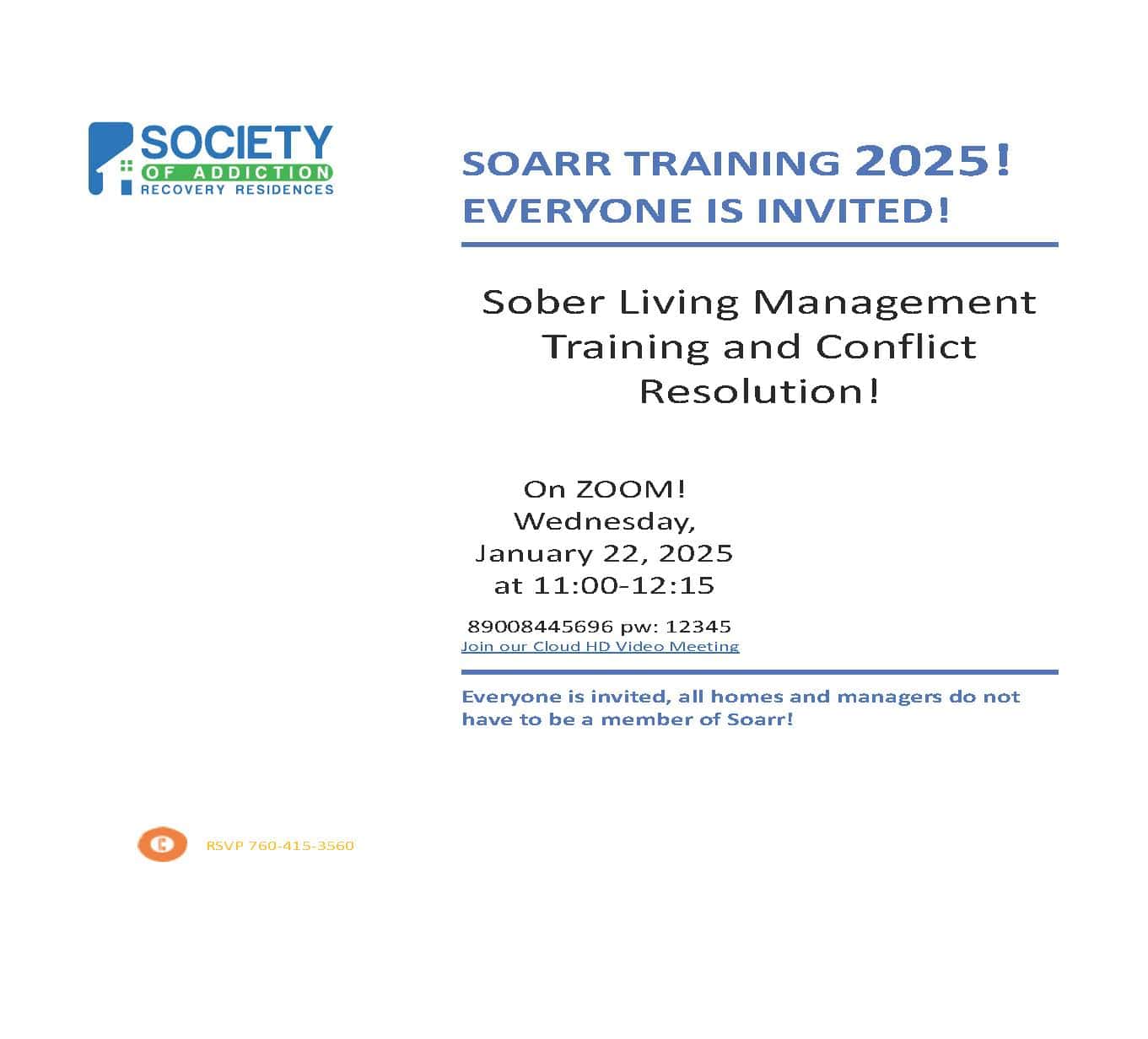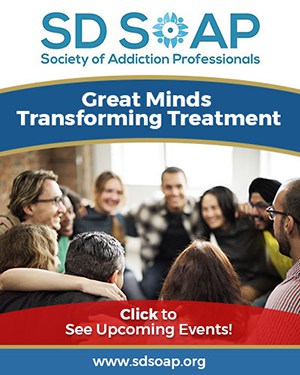During your time in addiction, you probably spent a lot of time lying. Sometimes you were lying to yourself. Sometimes you were probably lying to a loved one, doctor, friend, therapist, or even stranger. Lying helps you keep close to your addiction and far away from intervention. Denial is a powerful symptom of a substance use disorder. Even today, you probably have lied to yourself once or twice. But being honest with yourself will help set you free from a lot of pain.
Addiction and Being Honest
Addiction makes it sometimes difficult, to tell the truth about who you are to yourself and others. How many times did you minimize your dependence while you were using? Be honest, you probably lied about how much you used and how often you used it.
“Just this once, I’ll get high” can turn into a hundred times. Your intentions were probably true. You probably told yourself you were going to your grandmother’s house but ended up at the drug dealer’s home instead.
People lie to themselves so that they can be okay with their lives. Almost nothing about being addicted to drugs or alcohol is “okay,” “so the mind takes over to make excuses. Otherwise, how could you continue to justify using drugs if you consciously realized that they were killing you?
Lies Our Minds Tell Us
Even today, in recovery, there are times when your mind lies to you. Sometimes this is out of habit, but at other times, it’s part of a process of denial. Denial can lead to relapse or other troubles. It can be difficult to be honest with yourself about basic truths that hurt. Here are a few ways your brain can lie to you:
- It’s okay if I take one or two dollars from the register; nobody will notice.
- Missing a meeting just this one time won’t matter.
- It’s okay to go to the bar. I’m not going to drink, just vape.
- I can hang out with my old friends for nostalgia’s sake. After all, I am ___ years/months/days sober.
- It’s okay if I speed if nobody catches me.
- I don’t have to tell my sponsor everything. It’s none of his/her/their business.
- I can keep alcohol in the house for my family; it’s no big deal.
- I’m unique. Nobody in those 12-step meetings really could understand me.
If any of these thoughts resemble your thoughts, it’s because you are NOT unique. It is common for people – even those with years sober – to doubt their recovery program. It’s easy to look at the past and only remember the “good times.” But it’s dishonest to forget all of the bad things that came with using. You didn’t get sober because you were having fun. The honest truth is that you hit some sort of bottom and wanted to stop, but couldn’t do it on your own.
If you recognize any of these thought patterns, it’s time to go to a meeting and share it with somebody. Being honest will save you and help you build a stronger program. Call your sponsor. Text your friends. And get back plugged into working your recovery program hard again.
COVID-19 has a lot of people feeling scared, angry, and lonely. If this sounds like you, reach out for support. Nobody can read your mind. Meetings can be your sanctuary when you’re feeling denial creep up or despair. You don’t have to give in if you don’t want to. Be honest with yourself and others about your feelings and needs.
About SOARR
The Society of Addiction Recovery Residences is an alliance of sober homes and addiction professionals who work together to set the industry’s highest standards. To learn more about our organization or find a sober home, please browse our website or call us at 619-828-2001.





